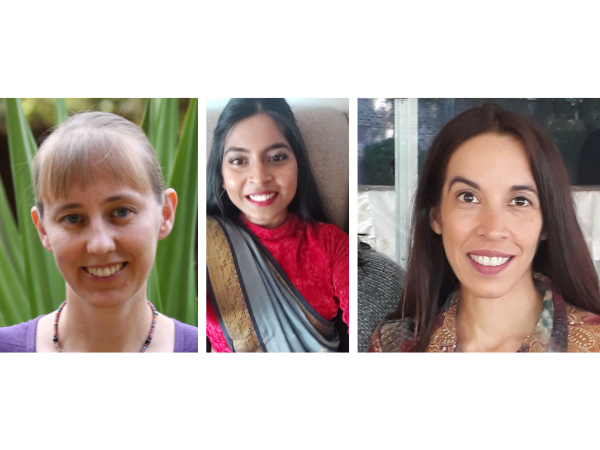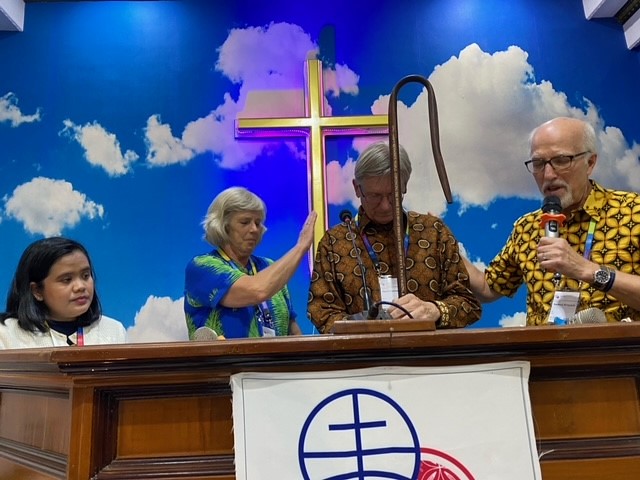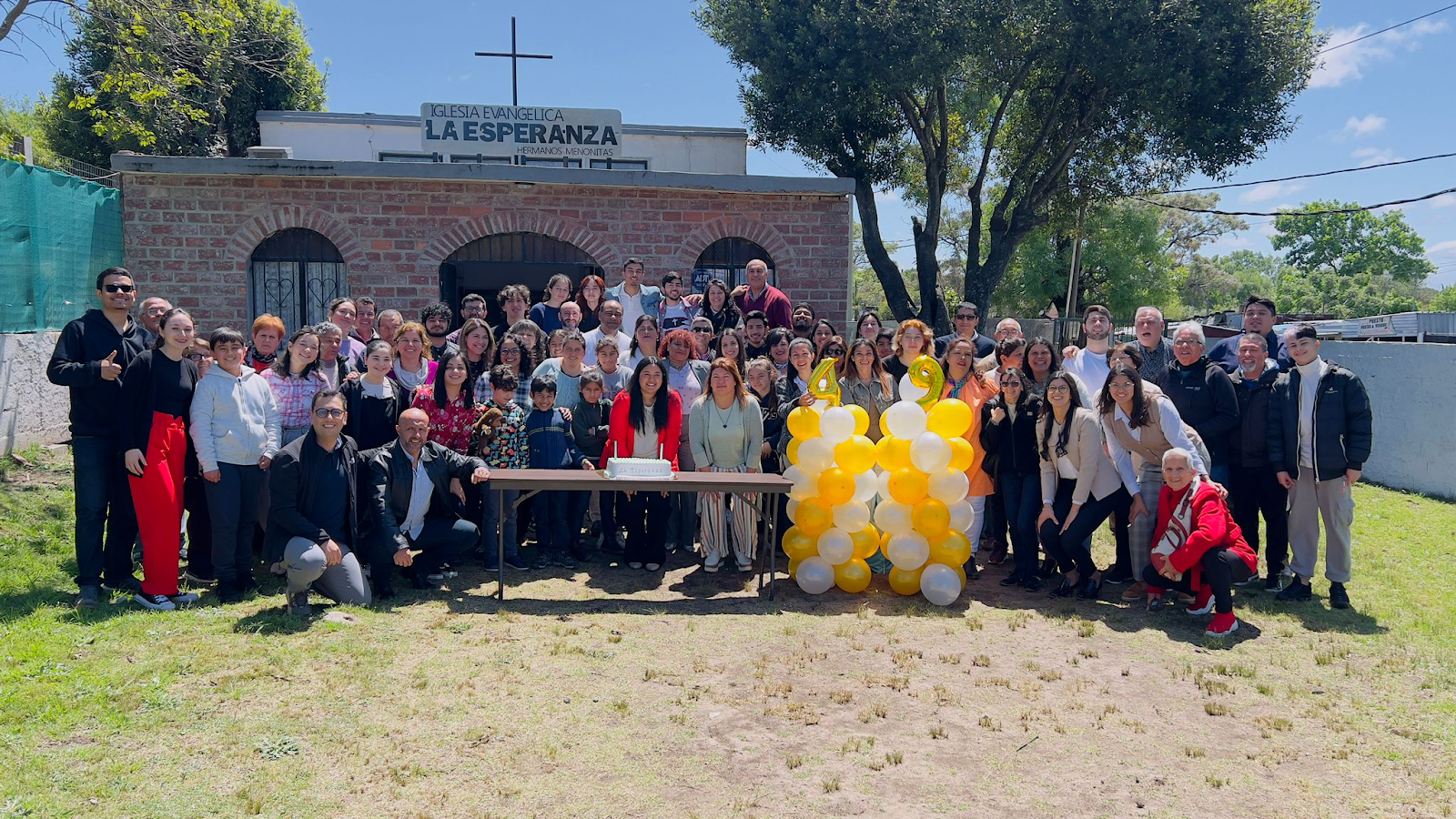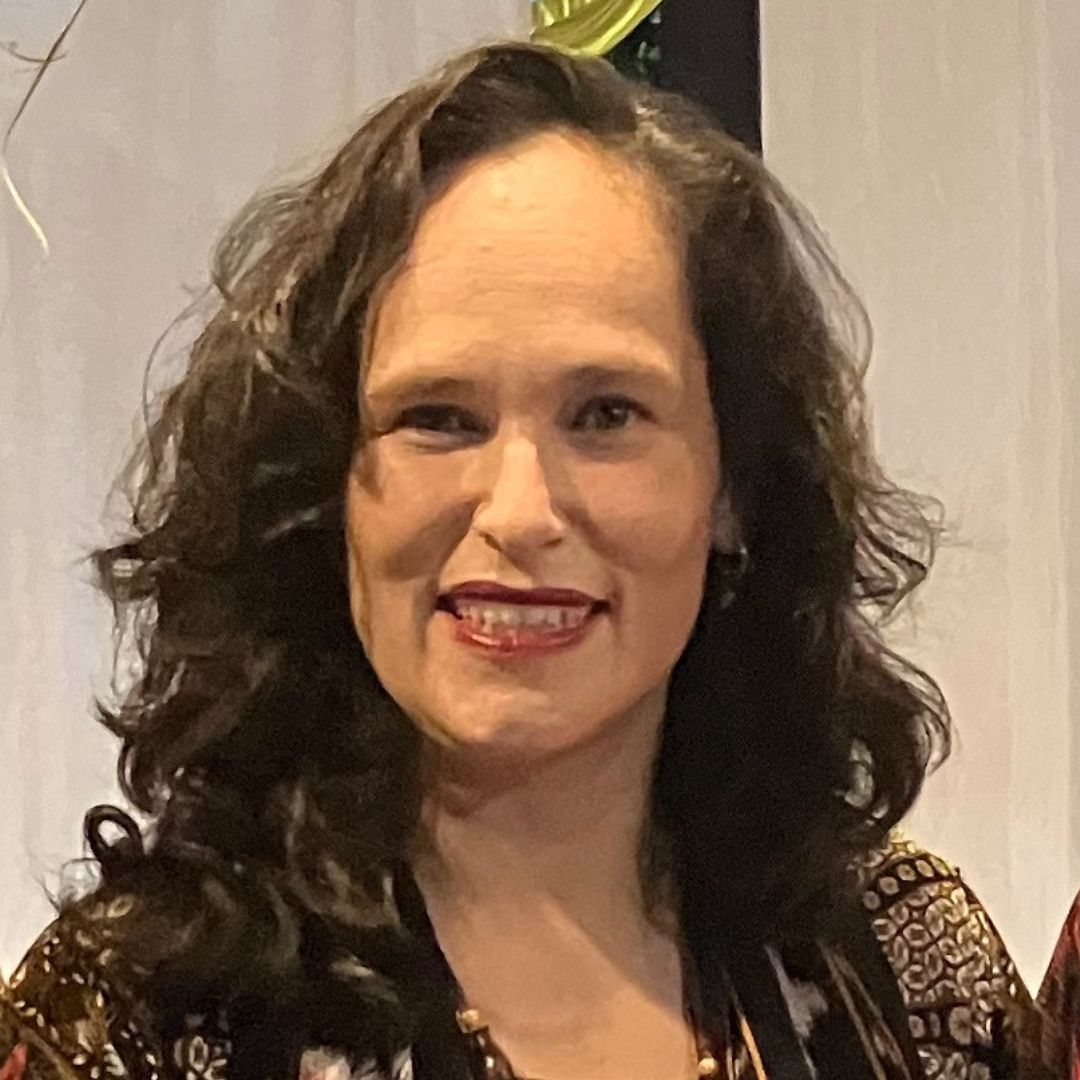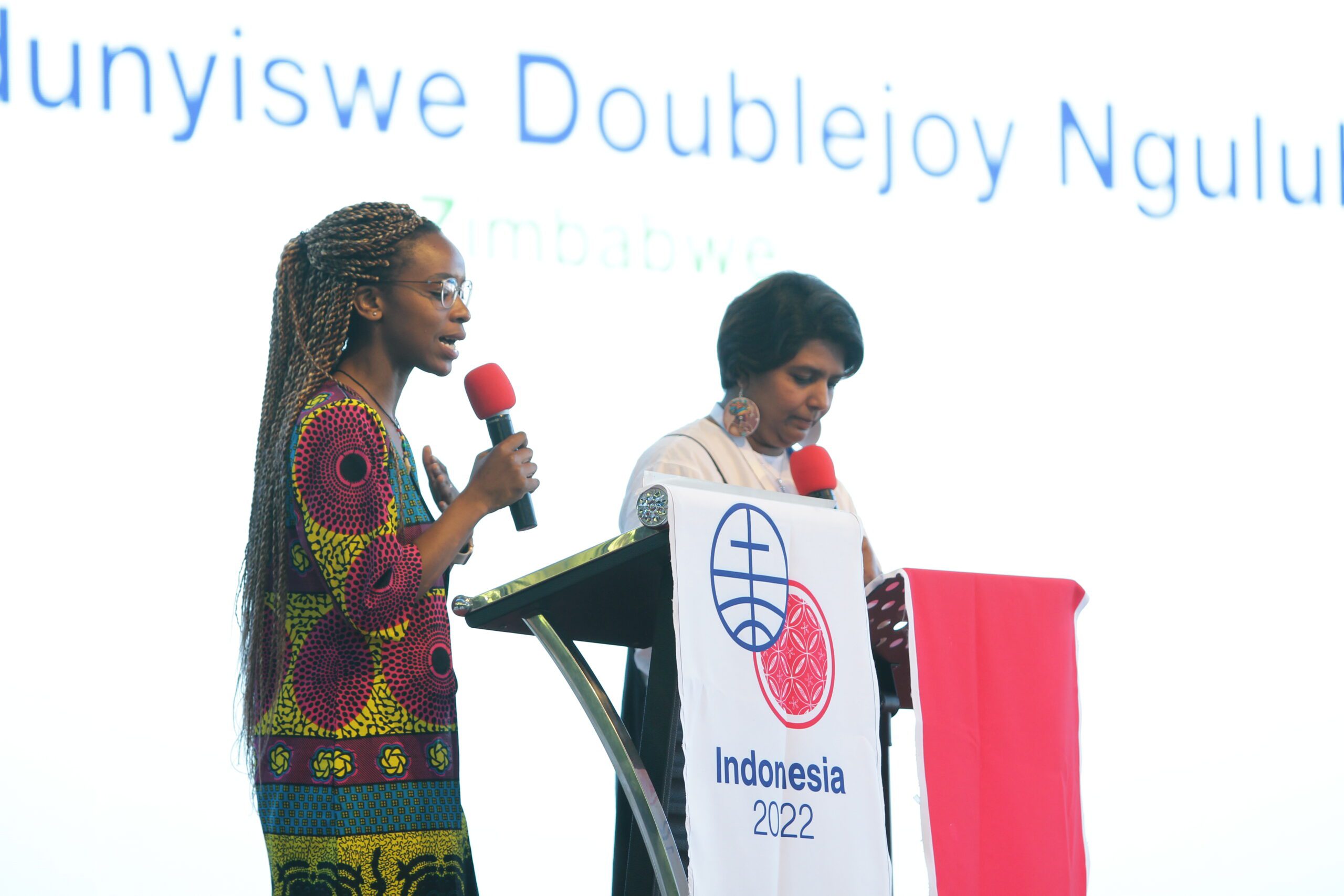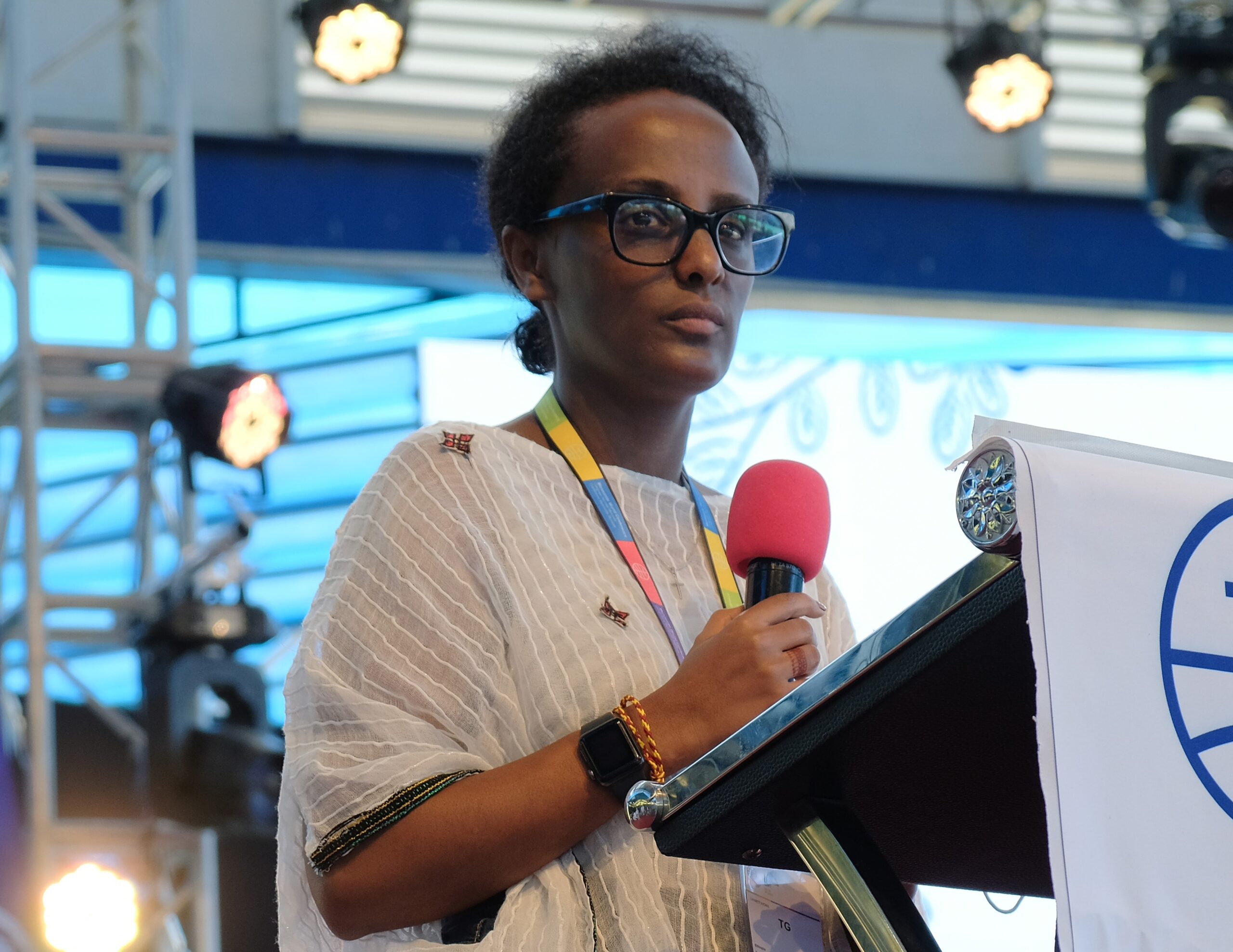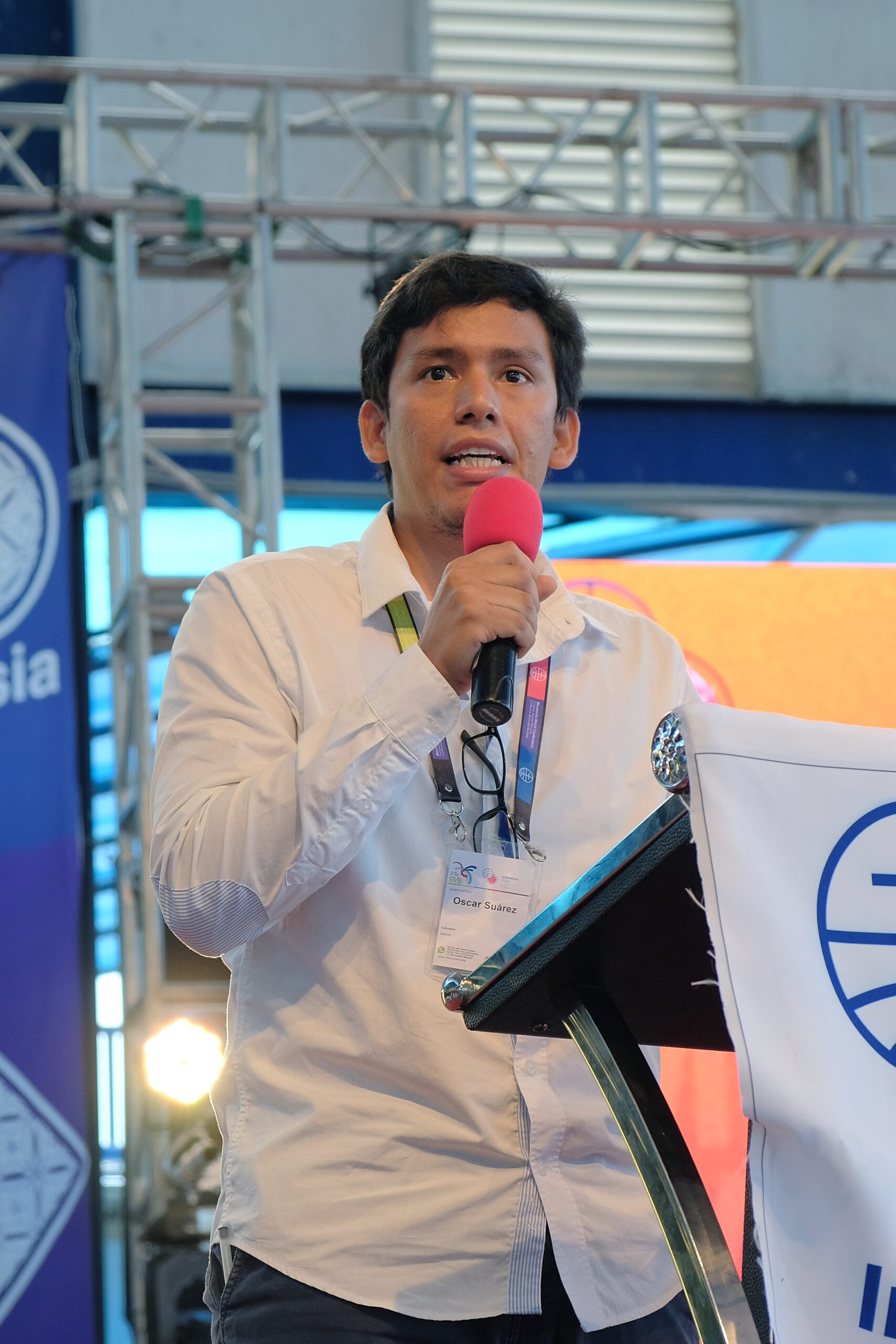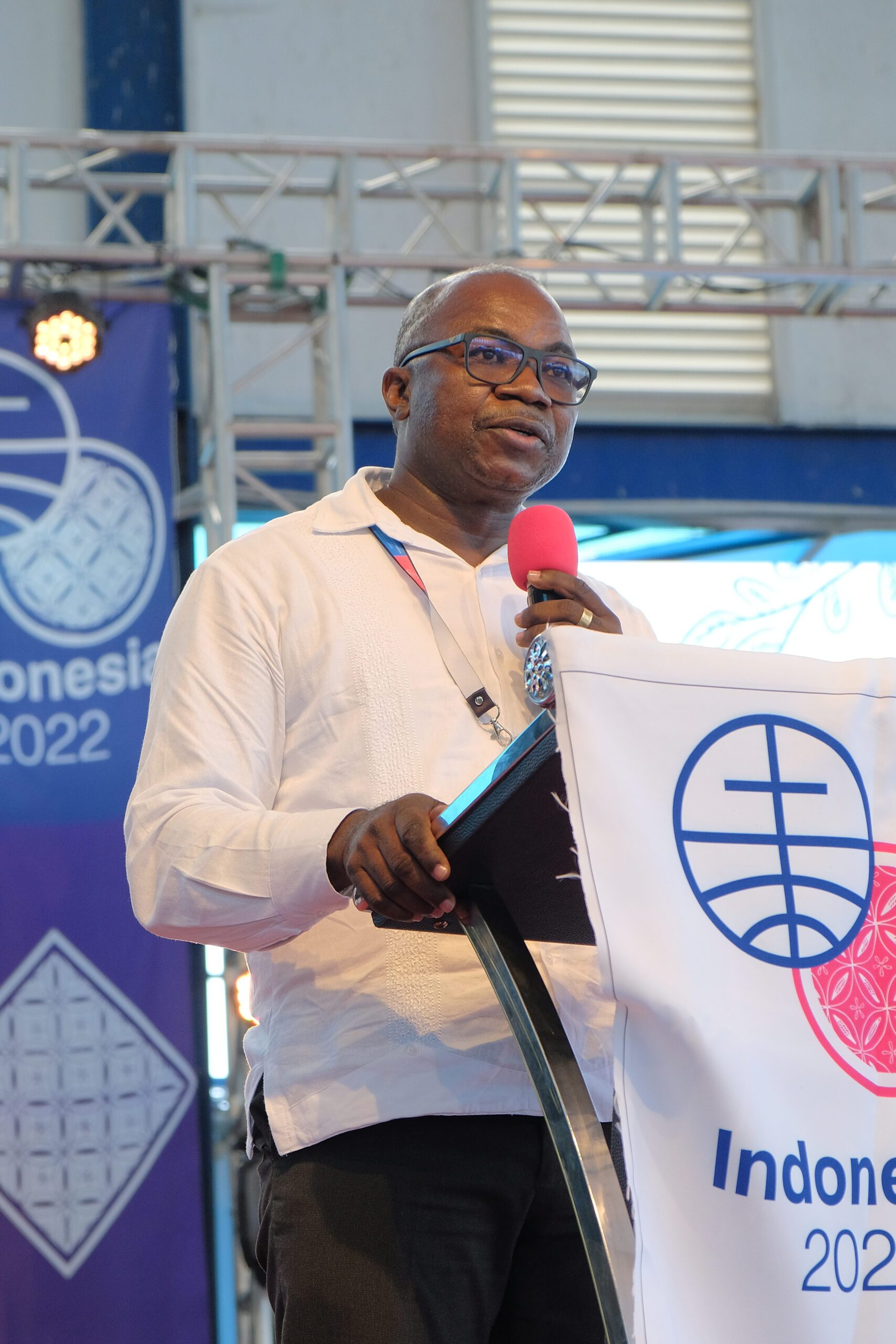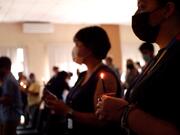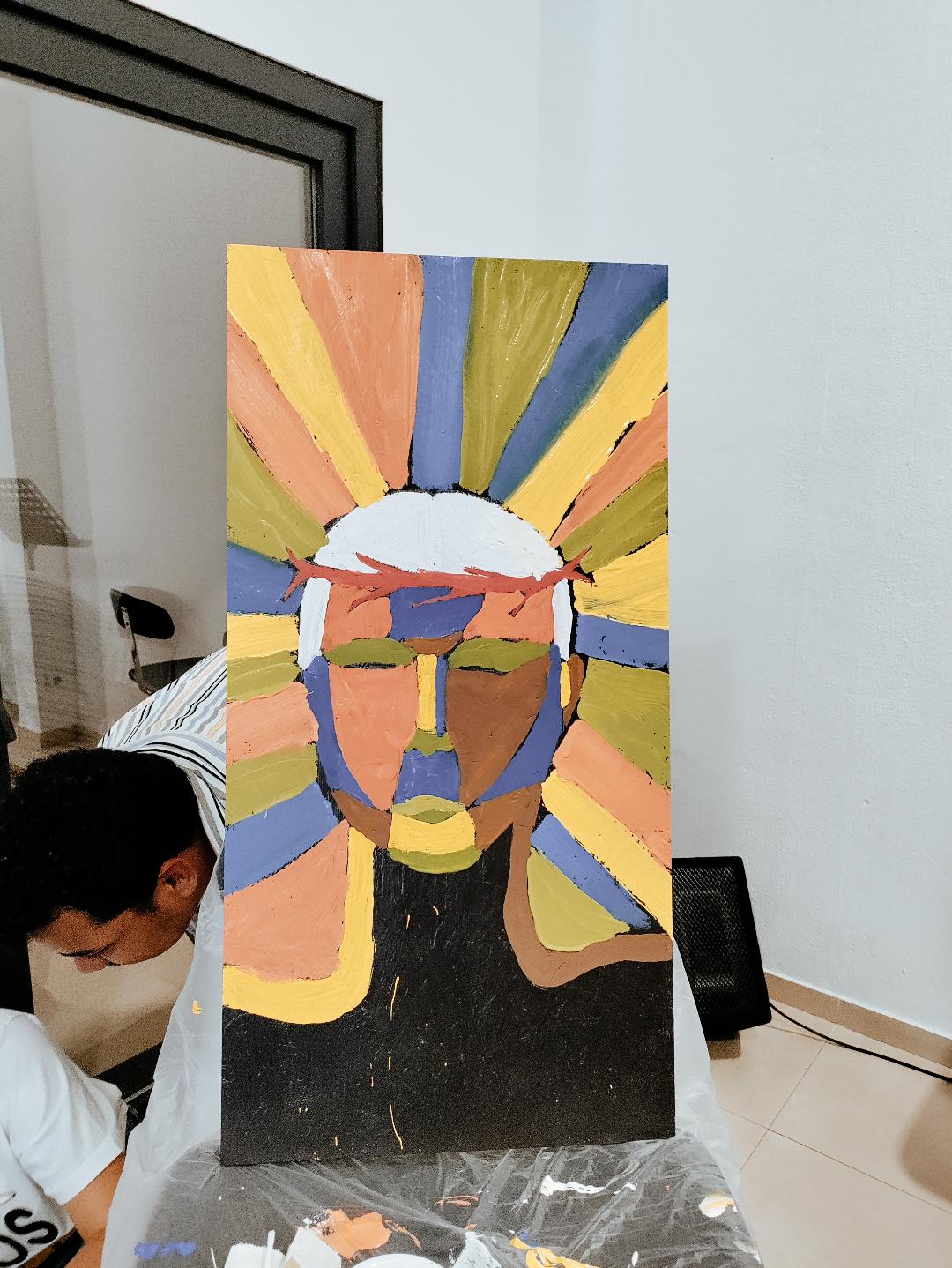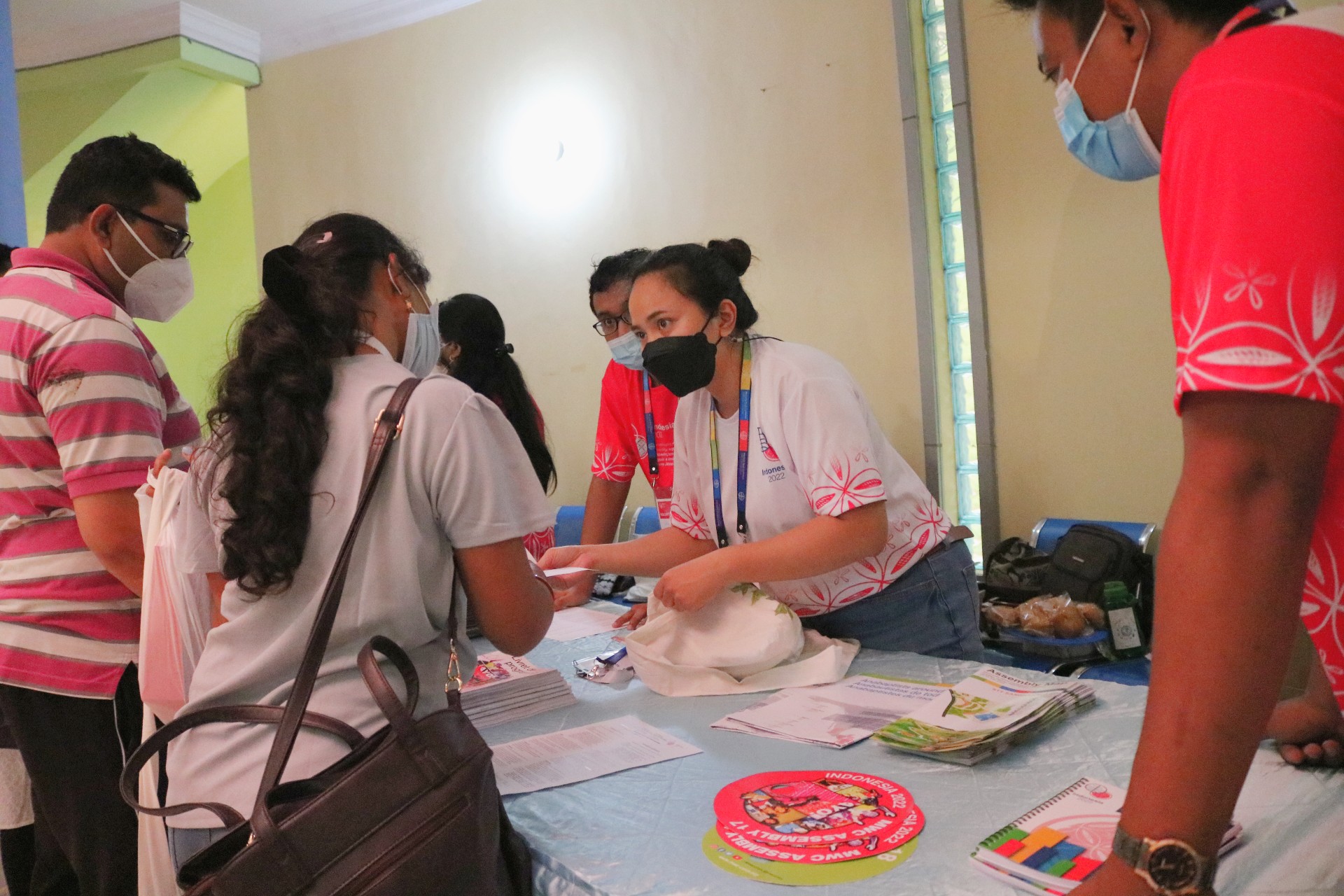-
Helping people see hope through Christ
New staff join MWC “Anabaptism is a global movement. But how do we create channels for relationship within a global body, and how do we allow the diversity of this body to shape understandings of “Anabaptist” identity and theology?” says Anicka Fast. A new era begins for the Faith and Life Commission in 2023 with…
-
The house of God is never finished
It feels like a big responsibility; however, after four years of being president elect, I don’t know if I’m ready, but let’s begin. In MWC, we work as a team: the officers, Executive Committee, staff – we all work together. I feel honoured and humbled to stand in that line of presidents.
-
Executive Committee approves new Commission members
“We trust it is a joy to serve the global Anabaptist family, but recognize it takes effort. We are grateful for the officers, Executive Committee and Commission members who dedicate volunteer time and care to this work,” says César García, MWC general secretary. “Thank you to J. Nelson Kraybill and Rebecca Osiro who have finished…
-
Ministry partner update: ICOMB – January 2023
We ended the year with gratitude to God by preparing the children, youth, and ladies camp activities to be held in January-February 2023 in Villa Maranatha.
-
Let us mutually care for one another
Friday night Come to me, all you that are weary and carrying heavy burdens, and I will give you rest. Take my yoke upon you, learn from me; for I am gentle and humble in heart, and you will find rest for your souls. For my yoke is easy and my burden is light. (Matthew…
-
Intergenerational solidarity relationships
Saturday morning When we think of older generations, we think of those who came before us, the ones whose shoulders we stand on. However, when we think about the solidarity of our relationship with those generations, there seems to be a gap. Intergenerational relationships are of utmost importance. There is immense value in passing on…
-
How can I celebrate?
I am tired of war, conflict, hunger, poverty, division, hatred, gun violence, black and white class difference, the oppression of women, slaughter of children and women, fake news, liars and unjust authorities and leaders and so many, many issues that you all are aware of.
-
United in the defence of life: water more precious than gold
Friday morning Once the laws became progressively more flexible during the lockdown we all experienced in 2020, I was able to cycle through the mountains in my home city. Although we were not allowed to mill about on the street, we were allowed to go out and do sports for a few hours at a…
-
Interethnic and ecumenical work in violent contexts
Friday morning Ephesians 2:14-17 “For he is our peace, in his flesh he has made both groups into one and has broken down the dividing wall, that is, the hostility between us. He has abolished the law with its commandments and ordinances, that he might create in himself one new humanity in place of the…
-
A gospel light in the USA
Christmas around the world Every year on 24 December, my family goes to the Christmas Eve service at Park View Mennonite Church (Harrisonburg, Virginia). It’s a traditional ‘lessons and carols’ service, where we read the Christmas Story from Luke and sing accompanying hymns as we work our way through the text. The whole service is…
-
Jesus brings us together in our differences
How to represent Jesus in a live painting? White with a beard as he is often represented in churches? Not really! We had it in our hearts to paint a colorful Jesus, a Jesus in green, yellow, blue, white, red and orange. We are the camp “Juntos in Portugal.” Organized by Joy and Life (Joie…
-
Assembly financial update
As the year draws to a close, MWC is finalizing the numbers on the Assembly in Indonesia. “We are very pleased to report that, as of publication time, we met the financial goal of breaking even,” says Chief Operating Officer Jeanette Bissoon. This was MWC’s first time hosting a hybrid event with in-person and online…
